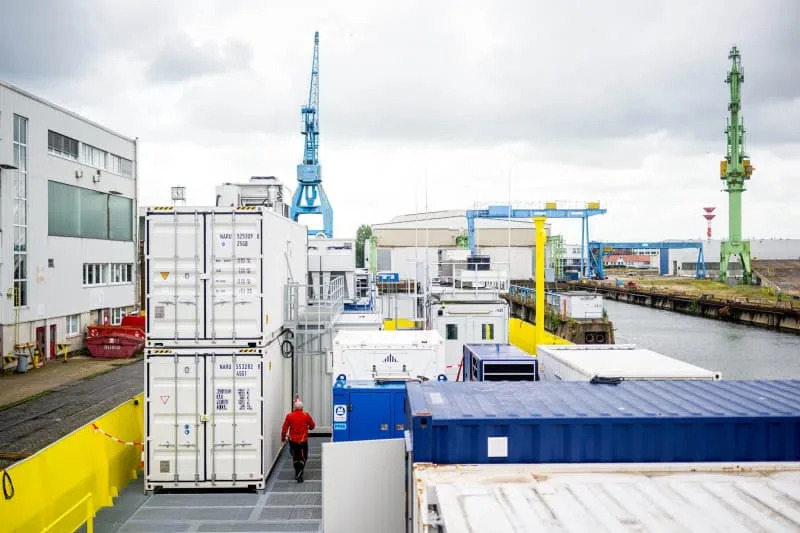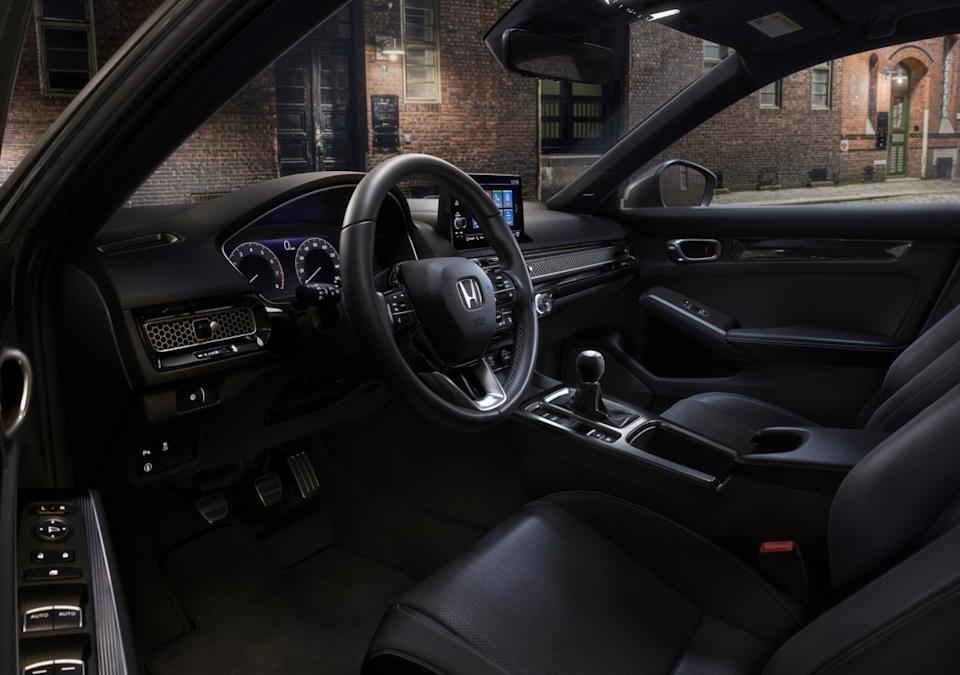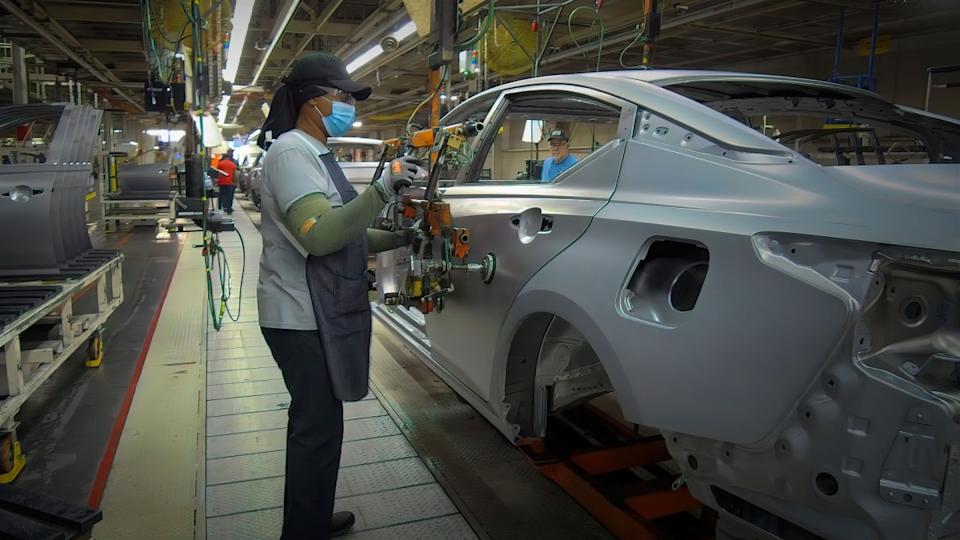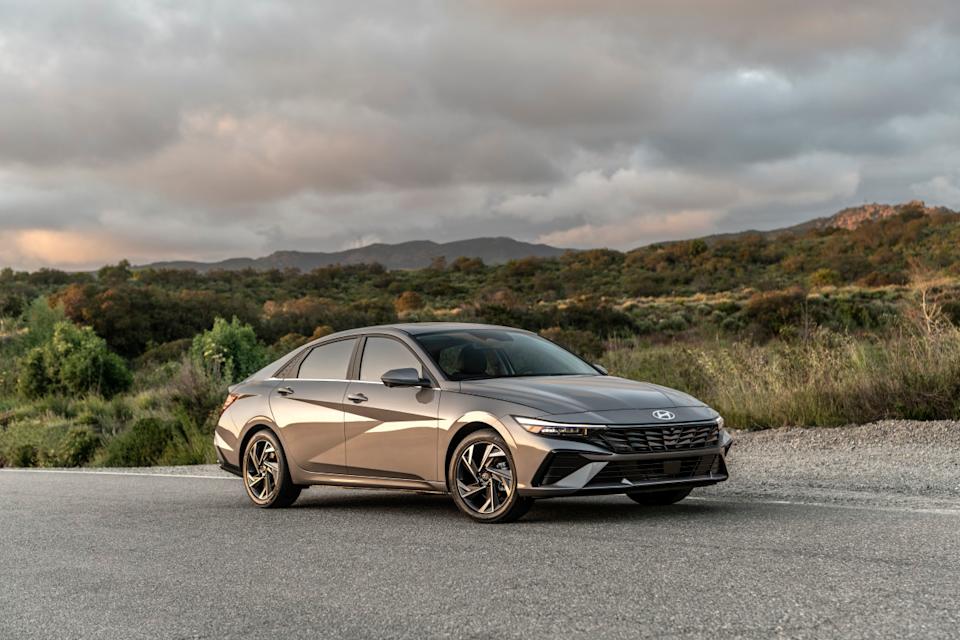A German research team is testing a floating platform to generate sustainable fuels from excess wind energy in the middle of the ocean.
"This is the first time this has been demonstrated and tested on a floating platform of this type anywhere in the world," said Matthias Metten of the German Aerospace Centre (DLR) at the project presentation in the northern port city of Bremerhaven on Tuesday.
Wind turbines at sea generate more and more consistent electricity than they do on land. While onshore turbines generate around 3.5 megawatts, offshore wind turbines generate around 5 megawatts.
However, submarine cables have to be laid to generate wind power – this is complex, expensive, and harmful to the environment. The scientists want to produce hydrogen directly on the floating platform as a kind of energy storage device.
The hydrogen can then be processed into other materials such as ammonia, e-fuels, liquid natural gas or methanol. The scientists will initially test the platform in Bremerhaven and, starting in August, at a wind farm in the North Sea off Heligoland.
The floating platform is part of the H2 Mare project and is receiving more than €37 million in funding from the German Federal Ministry of Education and Research.
 A view of the floating platform of the "H2 Mare" project in the Seebeck shipyard quarter. A German research team is testing a floating platform to generate sustainable fuels from excess wind energy in the middle of the ocean. Sina Schuldt/dpa
A view of the floating platform of the "H2 Mare" project in the Seebeck shipyard quarter. A German research team is testing a floating platform to generate sustainable fuels from excess wind energy in the middle of the ocean. Sina Schuldt/dpa













